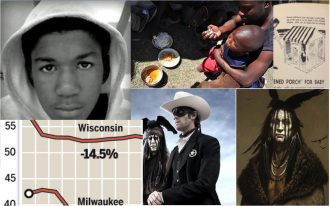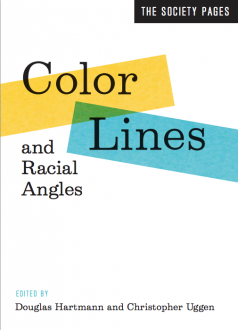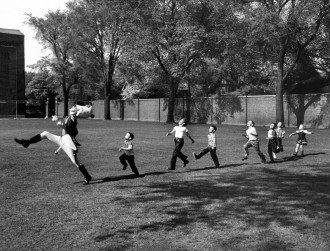
Why is it that some people seem so much more energetic and productive than others? As is our wont, sociologists tend to answer such questions not with respect to individual characteristics and variations, but instead by thinking about the social context and cultural factors—the external forces that structure, inculcate, and incentivize individual output and creativity. Max Weber’s The Protestant Ethic and the Spirit of Capitalism provides the usual point of departure. In an nutshell, Weber argues that the Protestant reformation, in shifting the hope for eternal salvation from institutional church membership to individual belief and one’s own relationship with God, put a new emphasis and impetus on personal practice that gave rise to attitudes and activities that provided the cultural foundations for capitalism.
I’ve been thinking about this the past few days as my son begins his freshman year of college (here at the University of Minnesota, no less!). College is obviously an environment designed to push, pull, and prod young people in ways and to a degree that they have never been pushed, pulled, or prodded before. And it is no great or original insight to suggest that our American system of higher education is one of the key institutional sites for the construction of the social skills and moral qualities that make our society so unique and uniquely productive. I’ve been particularly impressed with my first glimpse into the energy, excellence, and dedication displayed by the marching band, the proudly named “Pride of Minnesota.” As my son takes his place in the clarinet section, the band has put in 14-hour days in 100 degree heat (over 130 on the field turf yesterday afternoon, I heard) to get ready for the season opener tonight.
As I try to put myself in the shoes of these exceptional band members as well as all of the other energetic, excited, and nervous new students I’m seeing walk around campus, I’ve reflected back on my own early college experience. And I am brought to think about other, more individual, non-contextualist, and even natural or biological factors that may be in play when it comes to explaining variations in energy, productivity, and creativity in college and the human context more generally. I say this because I don’t think there is any way I can bring the energy and enthusiasm I see in the band myself these days. And also because college was for me—as, I am sure, for many others—a time when I was not only propelled to levels of activity and output I could not previously have imagined, but also the moment in my life when I really began to realize the limits of my abilities and capabilities, especially emotionally and physically. I mean, I initially tried to do everything—high academic standards, a large list of extracurricular activities, and all of the social side of college as well as staying in touch with family and friends from home—but I soon began to find myself overly stressed and tired. My body was beginning to break down. Without a sufficient sleep, simple day-to-day functioning became a real issue. And soon I had to scale back, make choices about what I could and couldn’t do, find out how to balance different interests and activities and aspirations against each other. I came to see first-hand that others had abilities and capabilities above and beyond my own, and that I had realms in which I was particularly proficient.
Like most of us, I figured this out, as I trust my son and all of his new friends, classmates, and bandmates will. Yet I also am sure that the individual solutions that each of us work our way into are driven and constrained as much by our material needs and physiological makeups—how much sleep we need (I still can’t get over how much sleep I require in comparison to many higher octane folks out there), what we eat (and how much), how much stress we can tolerate, how much physical and psychic energy we can generate—as larger cultural contexts. Energy is a scarce and unevenly distributed resource. Perhaps this is a relatively trite, obvious observation. But it is one that we sociologists must—because of our culturalist and collectivist inclinations—remind ourselves of, both in our personal lives and in terms of the research and analyses we do in our professional capacities. Societies contain individuals, and our basic physical endowments do indeed shape and determine the energies we exert and the impacts we can make.

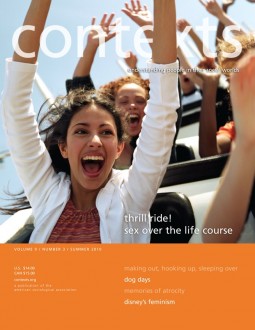
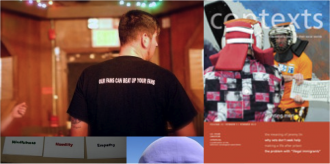


 Under the title “
Under the title “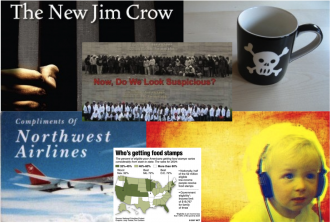 Verdict? What Verdict?
Verdict? What Verdict?